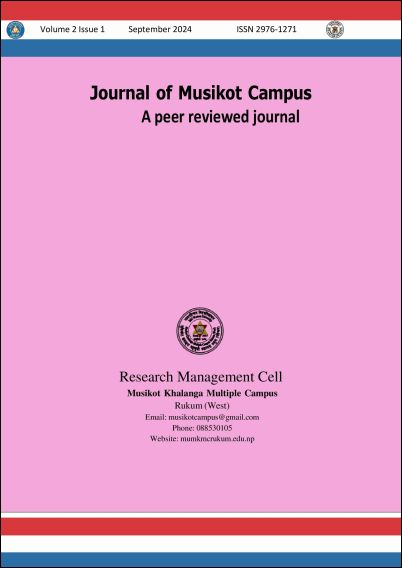Regulating Gig Economy in Nepal: How can Nepal Benefitted from the Gig Platform?
DOI:
https://doi.org/10.3126/jmc.v2i1.70844Keywords:
Gig Economy, Regulatory Frameworks, Working Conditions, Gig WorkersAbstract
The gig economy is an expanding sector that extensively utilizes mobile digital apps to connect freelancers with customers. This article is a review-based article that aims to examine the potential of the gig platform and identify possible regulatory strategies for Nepal's future development of the gig economy. The gig economy provides opportunities for earning revenue, enhances the flexibility of workers, and contributes to employment generation in the country's economy. However, gig workers lack benefits such as a minimum wage, paid maternity leave, social security payments, and protection against occupational and health hazards. There is a lack of suitable legislation to effectively regulate the gig economy. The rise of Nepal's gig economy is disrupted. It is imperative to formulate precise legislation that specifically addresses the rights and working conditions of gig workers. It is imperative for Nepal to establish comprehensive legal frameworks to effectively regulate the gig economy. The government should introduce measures to enhance working conditions and offer comprehensive insurance programs to ensure that gig workers do not experience discrimination compared to traditional workers.




